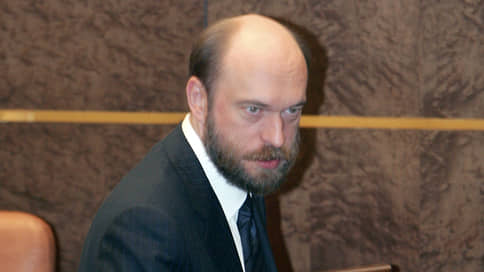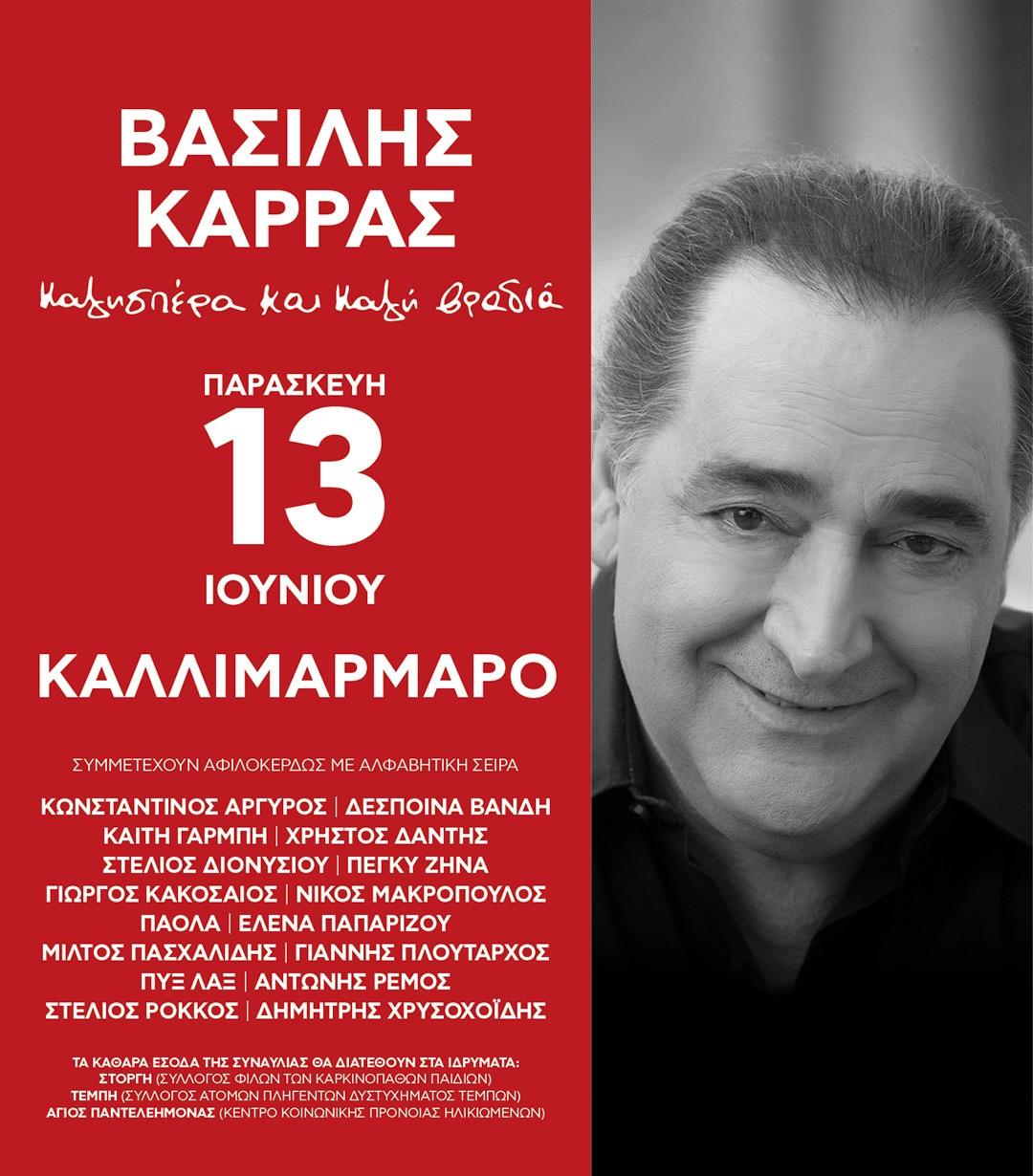VTsIOM published the results of a survey on marriage, parenthood and the role of women in the family

All -Russian Center for the Study of Public Opinion (VTsIOM) Published The results of a survey of Russians on the topic of parenthood, marriage and the role of women in the family. From 2005 to 2025, an indicator of the expected number of children (how many children the respondent plans to have in his family taking into account all life circumstances) increased from 1.9 to 2.4, the desired number of children – from 2.4 to 3.2.
“Reproductive ideals have become more“ large ”, while the readiness for their practical implementation also intensified, although to a lesser extent,” explained in Vtzome. “The discrepancy between the desired and expected number of children indicates a reproductive gap: many would like to have more children than they consider it realistic. In 2005, this gap was an average of 0.5 children, in 2025 – already 0.8. This indicates the preserved or even intensifying barriers to the implementation of reproductive plans. ”
At the same time, “reproductive optimism” is noted in the center, in men higher than in women (see schedule). “Women better understand the hardships of parenthood, they literally feel them on themselves, so they are careful in the readiness to give birth,” they explain in Vtzome. “The reproductive ardor of men needs to support, offer a special package of measures for dads, for example, encouraging paternal decrees, preferences from employers for fathers of minor children and others.”
The growth of indicators that the VTsIOM speaks of is against the backdrop of a change in the attitude to marriage. “Kommersant” previously reported (see the number of May 12) with reference to the results of a survey of the sociological group Russian Field that 34% of Russians in a romantic relationship do not plan to proceed to the next stage and marry. According to VTsIOM, the share of those who wish to continue the genus through marriage decreased from 39% to 25%. The share of marriage in accordance with religious and national traditions (“because it is accepted”), on the contrary, increased from 5% to 16%.
“Reproductive functions are less and less associated with marriage, and the marriage itself is becoming an increasingly symbolic phenomenon,” explains Tatyana Smak’s expert, “women, the right to balance between family and work, is increasingly recognized as women, and men are stronger than women are more oriented towards large families. Reproductive attitudes intensify, but at the same time the institution of marriage weakens. ”








